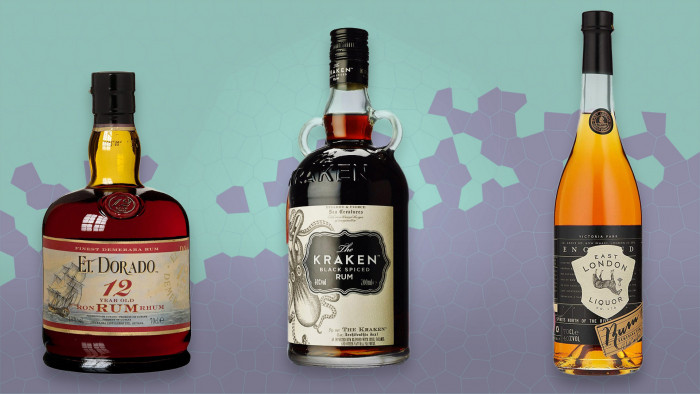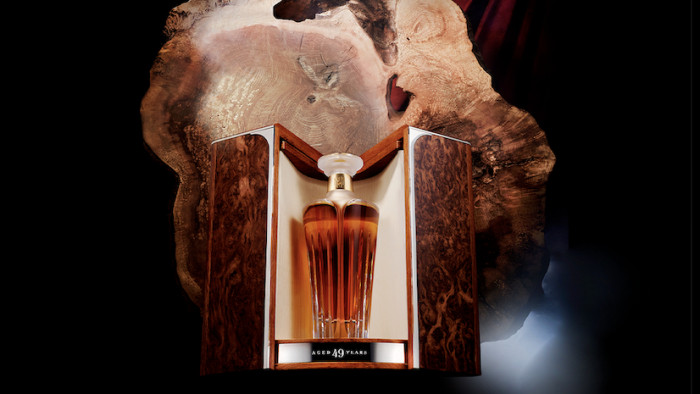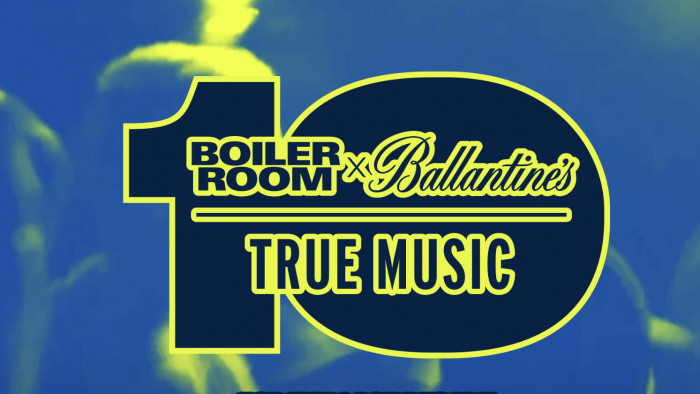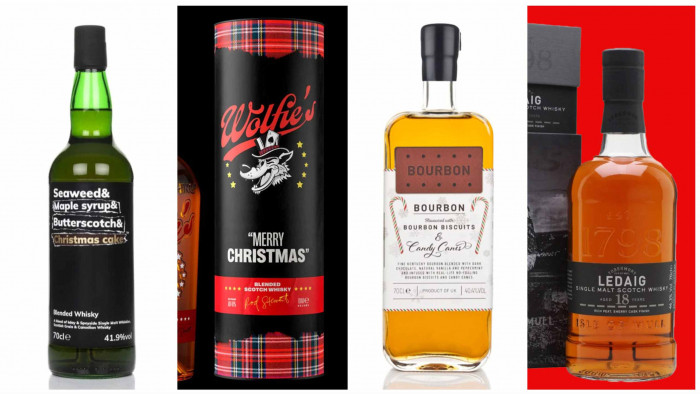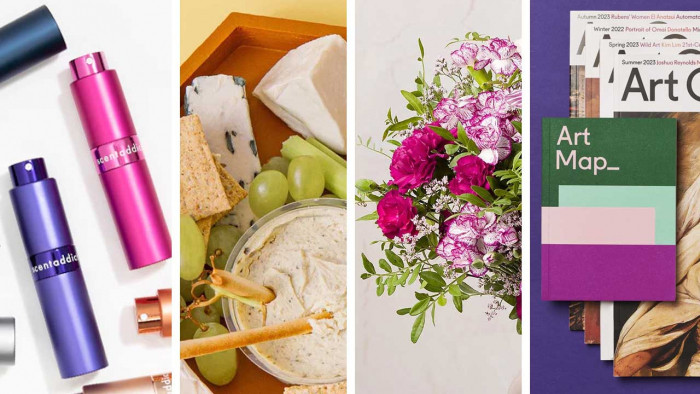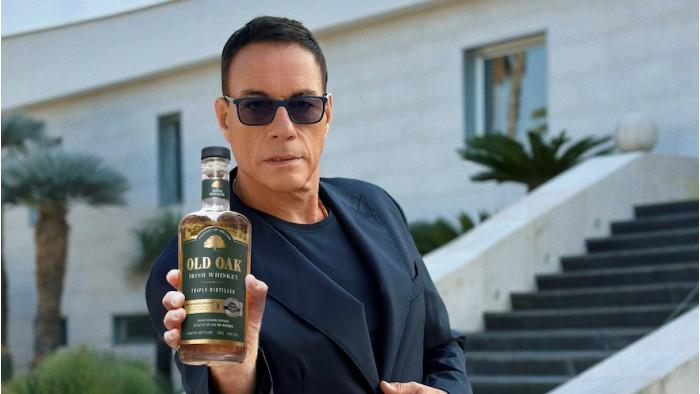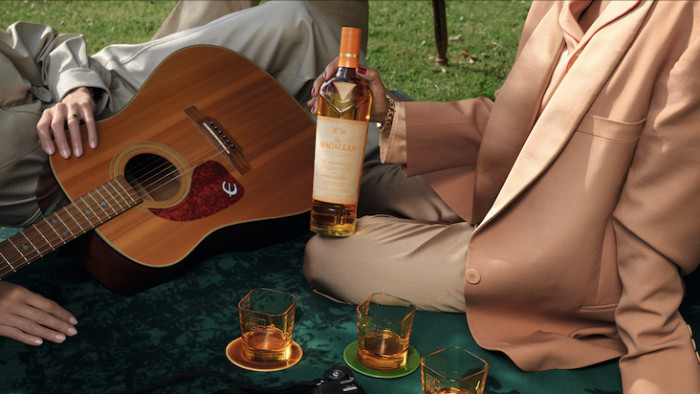I’ll admit it: when I find myself stood in the supermarket wine aisle, cluelessly squinting at each bottle as I try to assess which one my girlfriend’s mum will appreciate the most, the big decision is often determined by how many nice fruits the label can namedrop. Tell me you haven’t done the same.
- Need help finding a present? These are the best gifts for wine lovers
Turns out those posh-sounding labels – aside from helping us escape Tesco Metro in minimum time – actually make wine taste better, too. Or at least, that’s what we think.
A new study from researchers at the University of Adelaide found that vivid, elaborate descriptions make us enjoy cracking into a bottle more than we do when they’re absent. A nice label positively influences the customer’s expectations, emotions and willingness to drink. It’s all marketing trickery, of course, but it works.
They asked 126 regular wine drinkers to taste the same set of three popular wines: a Chardonnay, Riesling and Sauvignon Blanc.
Each was tasted under three different scenarios. In the first, no information was given. A week later, they tried the same wines but this time had a basic sensory description. In the final test, the three bottles were accompanied by detailed labeling that would satisfy the most cultured, swish/swirl/sniff-happy wine devotee.
The researchers – and this was consistent across all three wine samples – found that the amount of information provided played a big part in participants’ perception of how enjoyable each bottle was to drink. In the conclusions, published in the Food Research International journal, they said: “The elaborate information level evoked higher expectations before tasting the wines, plus resulted in higher liking ratings and elicitation of more intense positive and less negative emotions.”
On top of that, the participants said they were more willing to pay for the bottles with lengthy labels.

“Cleverly written wine and producer descriptions when coupled with unbranded wine tasting can evoke more positive emotions, increasing our positive perception of the wine, our estimation of its quality and the amount we would be willing to pay for it,” said study leader Sue Bastian, as reported in The Telegraph.
“The importance of wine labels and label information has been widely studied and it’s been clearly shown that they represent useful information which influences consumer choice. Our study extends these findings, showing that wine descriptions also influence our whole wine consumption experience.”
So there you have it. All it takes to con us into liking any wine is a few grape-related boasts and a belting line about a ‘luscious flowery aroma’. Hook, line and sinker. Stay vigilant, shelf-browsers.
Latest
Related Reviews and Shortlists


The 45 best gins taste tested: great gins revealed

